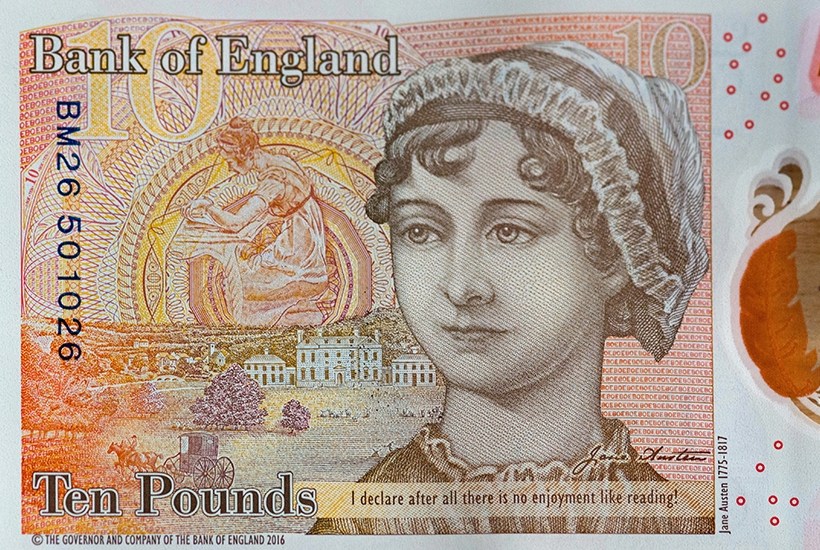I agree with Charles Moore (The Spectator, 6 February) that it is a shame the Times is dropping its use of titles of courtesy — Mrs, Mr, Lord — at the second mention of anyone in a report. Now it’s Charles Moore first mention, and Moore after that.
Even when I see Jane Austen referred to as ‘Austen’ I feel it a little rude. It makes her sound like a convict, or at best the cook below stairs in some historical drama. ‘Austen, there will be 14 to dinner and please ensure the duck is thoroughly done.’
This is partly a question of sex. I wouldn’t like to be called Wordsworth, noble name though it be, without the Mrs. My husband, even if stripped of Dr, is old enough to remember surnames used alone as a mark of friendship between men. Friendship cannot be assumed. For years, old people in hospital were demeaningly addressed as Fred or Doris. It was bad enough their being without their day clothes, but to be robbed of being addressed politely (Mrs Cunningham, Mr Johnson) was infantilising.
Calling the author of Sense and Sensibility ‘Austen’ was formally a development of academic references — Bransby on The Use of the Globes, say. It was all very well for Lord Emsworth to refer to Whiffle on The Care of the Pig, but if he met the great authority he’d have called him Mr Whiffle.
How quickly titles of courtesy have tumbled. Only in 1990 did the Times stop introducing the leader of the opposition, for example, as ‘Mr Neil Kinnock’ in reports.
Because this use of language involves class, opposing camps rejoice or lament at changes. When cricketers were divided into Gentlemen and Players (before 1962), the Gentlemen (notionally amateurs) were accorded Mr, or had Esq tacked on to their names. At Wimbledon, only in 2019 did the umpire stop using Miss and Mrs for players.
In the 19th century unmarried actresses were still called Mrs, out of propriety. Now they muck in with surnames alone. Fiennes might sound grand, like Olivier; but on its own ‘Dench’ is a piece of street slang (used as an equivalent to ‘awesome’ or ‘sick’). It’s Dame Judi who is the fine Shakespearean.
Got something to add? Join the discussion and comment below.
Get 10 issues for just $10
Subscribe to The Spectator Australia today for the next 10 magazine issues, plus full online access, for just $10.
You might disagree with half of it, but you’ll enjoy reading all of it. Try your first month for free, then just $2 a week for the remainder of your first year.















Comments
Don't miss out
Join the conversation with other Spectator Australia readers. Subscribe to leave a comment.
SUBSCRIBEAlready a subscriber? Log in